The United States Senate approved David Pressman as the new ambassador to Budapest by a vote of 61:30 with only Republicans voting against him. US President Joe Biden appointed the 45-year-old diplomat to the position back in May. During his June hearing, Pressman took off with a rather aggressive start: he said that he felt democracy was in danger in Hungary, that he has concerns regarding media freedom and LGBTQ rights, and that he is dedicated to fighting against Russian and Chinese influence.
Given the nature of these statements, it was no surprise that the ambassador emerged as a topic during Péter Szijjártó’s talk at the annual MCC (Mathias Corvinus Collegium Foundation) Fest. The Minister of Foreign Affairs and Trade began by saying that he awaits the US representative on the basis of mutual respect.
However, he continued with a much stronger message, making it clear that when he appoints ambassadors as Foreign Minister, they are not there to act as proxies and interfere with domestic politics. In fact, he outright forbids this.
We cannot know better what is good for a given country than those who live there. And if they do think that something there is bad, then in the next election they can make a clear decision,
– he explained.
In comparison, he cited David Pressman’s condemnation of the terrible state of Hungary during his hearing. “We ask, with great respect, for you not to interfere with Hungarian processes because you have nothing to do with them,” Péter Szijjártó declared. The Minister also revealed that he rather openly threatened European ambassadors that if they interfered in our domestic elections, existing cooperation would be diminished.
Naturally, the war in Ukraine could not go unmentioned either during Péter Szijjártó’s discussion at the MCC Fest. He affirmed that Hungary condemns the aggressor, is on the side of the victims, and stands by Ukraine's territorial integrity. However, he added that despite this, we must maintain relations with the Russians since they are a reality of Central Europe and completely cutting off communication channels would inhibit diplomatic solutions.
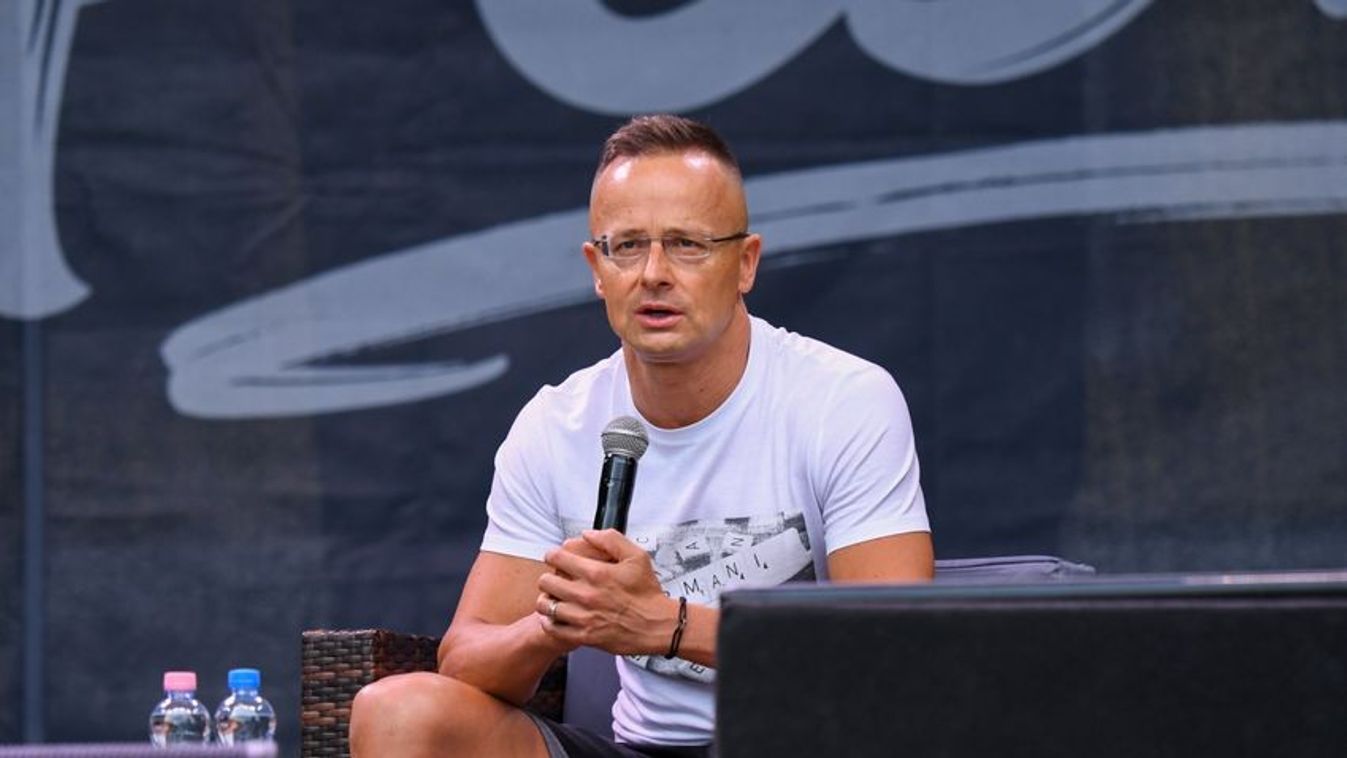





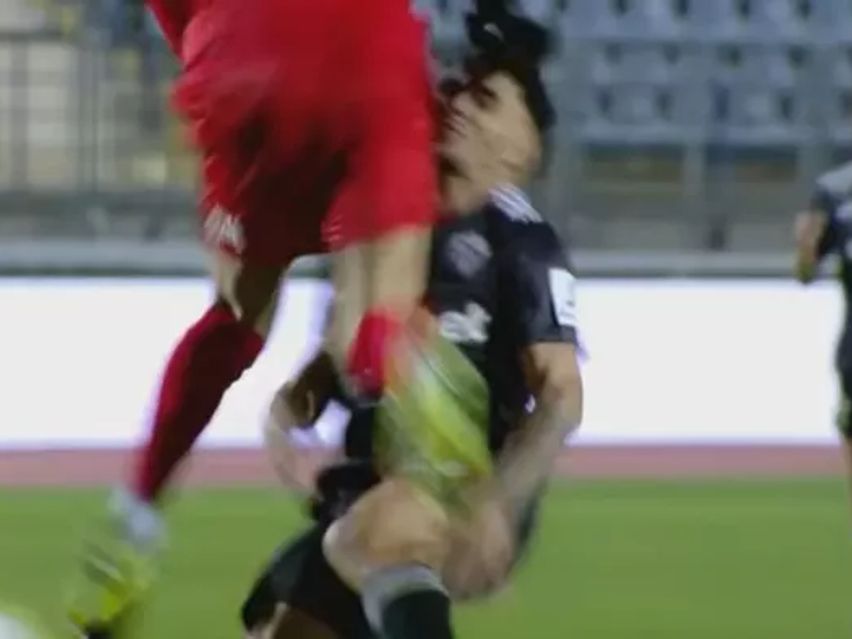
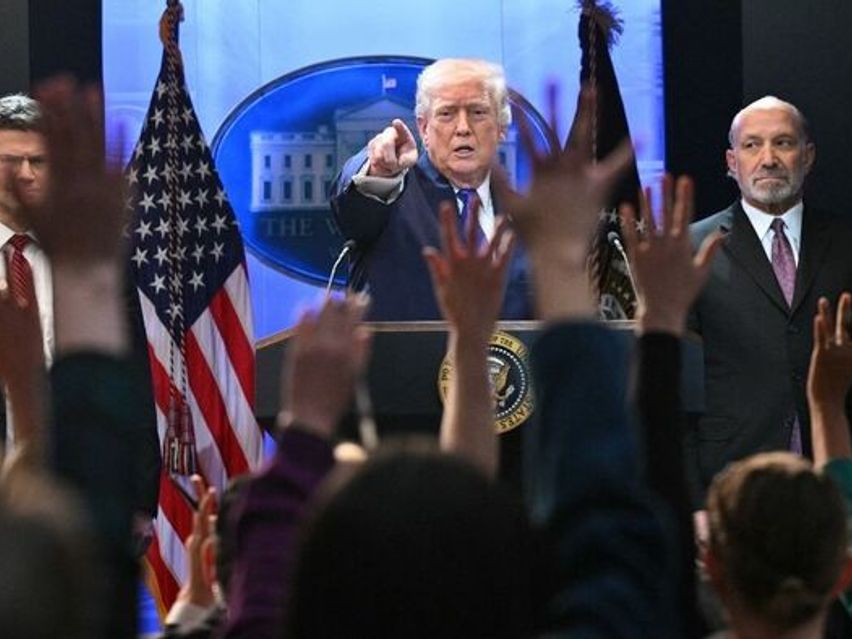
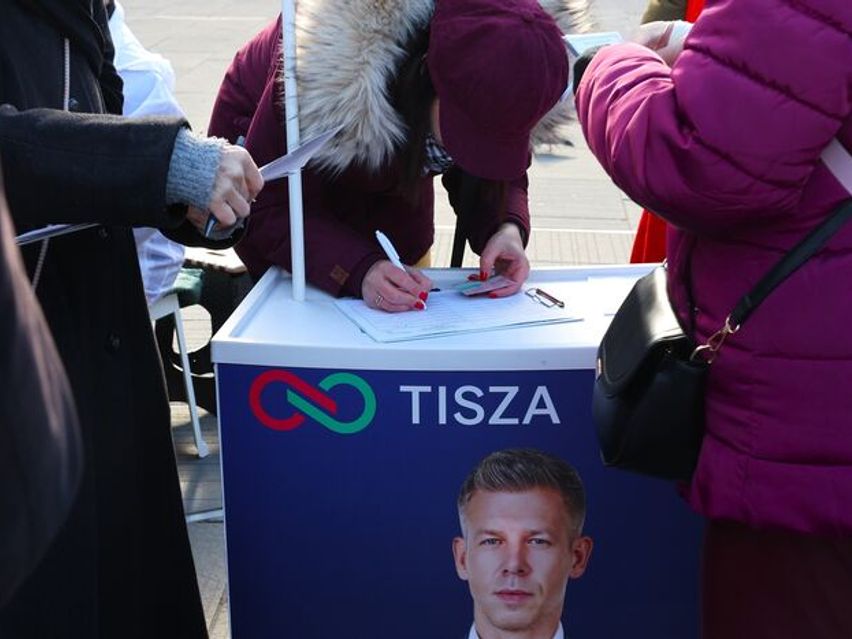
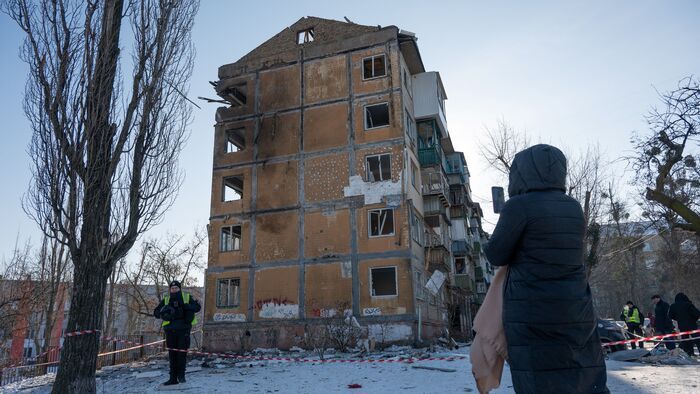




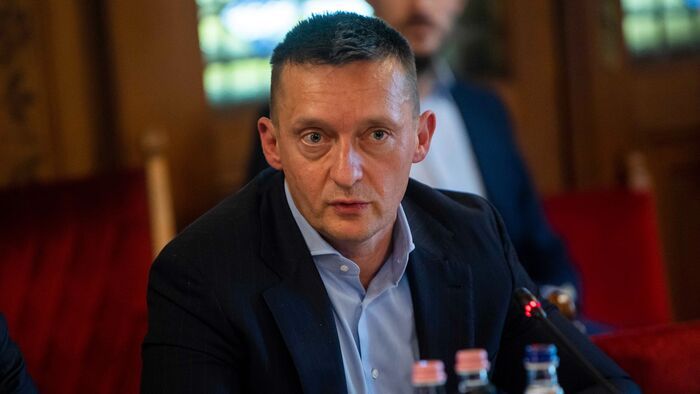
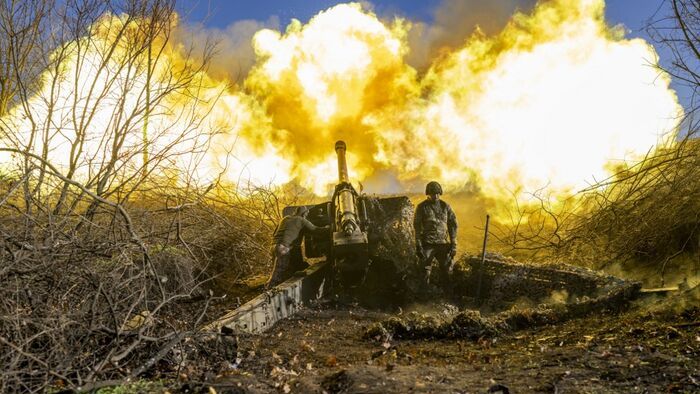
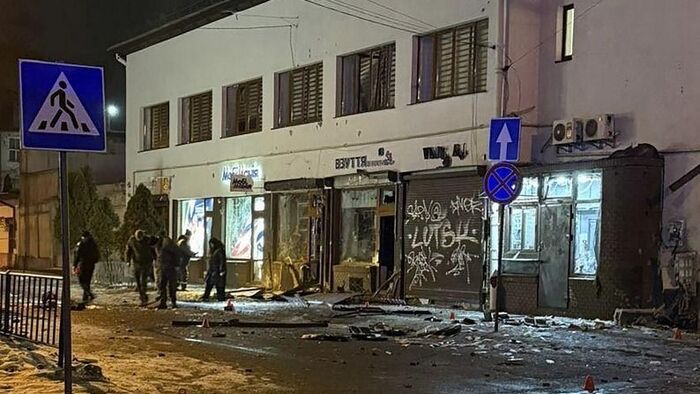
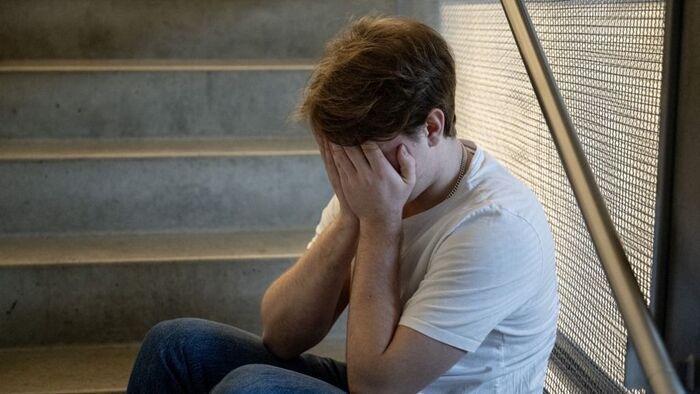

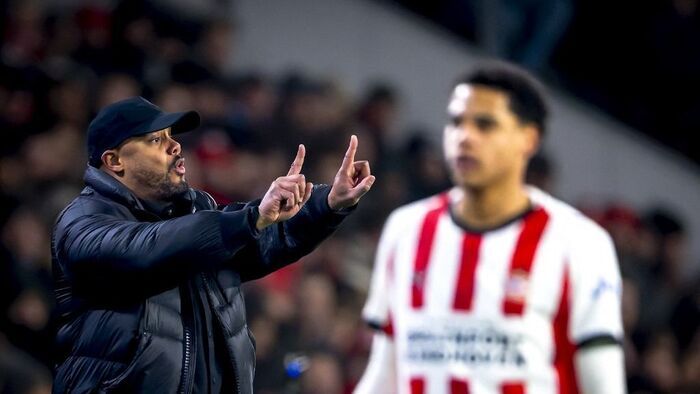
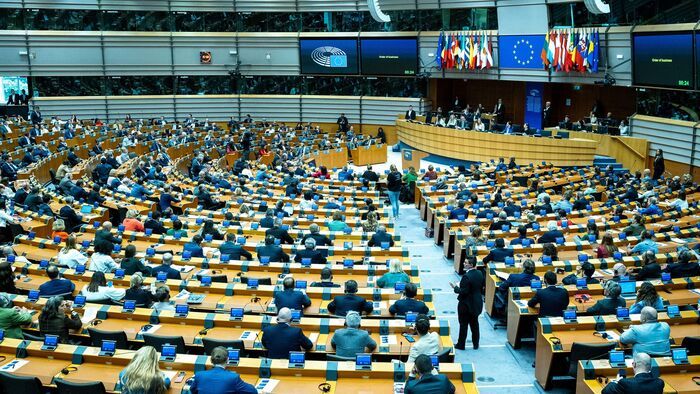


Szóljon hozzá!
Jelenleg csak a hozzászólások egy kis részét látja. Hozzászóláshoz és a további kommentek megtekintéséhez lépjen be, vagy regisztráljon!